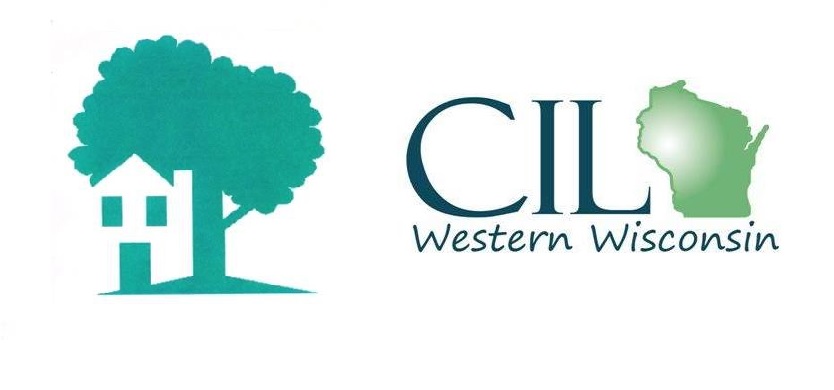
Written By: Kyle Kleist – CILWW Executive Director
On October 1st of 1980, the Center for Independent Living for Western Wisconsin (CILWW) became the first rural Independent Living Center (ILC) in the United States. Dr. Shirley Stewart, the chair of the Vocational Rehabilitation department at the University of Wisconsin-Stout, had written the grant to start an ILC in Menomonie, following the passage of the 1978 Rehabilitation Act Amendments that made federal funding available to begin ten ILC’s throughout the US. Her grant was awarded, however there was only funding for six of the ten ILC’s, so it wasn’t until 1980 when additional federal funds because available that CILWW came in existence.
In 1998, CILWW split from UW-Stout and became a Non-Profit 501C3, and moved to their newly constructed building at 2920 Schneider Avenue SE in Menomonie’s new technology part. Over the past 40 years CILWW has gone from a small ILC with only 5 employees providing core services, to 35 employees provided expanded IL programs, and Person Care and Transportation programs that allow persons with disabilities to remain living in the community. In 2018 with limited space in the original building for all three programs, construction began on CILWW’s newly expanded office addition, and in 2019 staff moved into the new addition which provided additional office space and a large training room. As the CILWW celebrates its 40th anniversary this year, with a formal anniversary event taking place in the spring or summer of 2021, we look back on the past 40 years with pride on all the IL services provided to consumers, the strong advocacy work done to advance the rights of persons with disabilities, the expansion of programs to meet consumer needs, and the impact we have made in Western Wisconsin.
